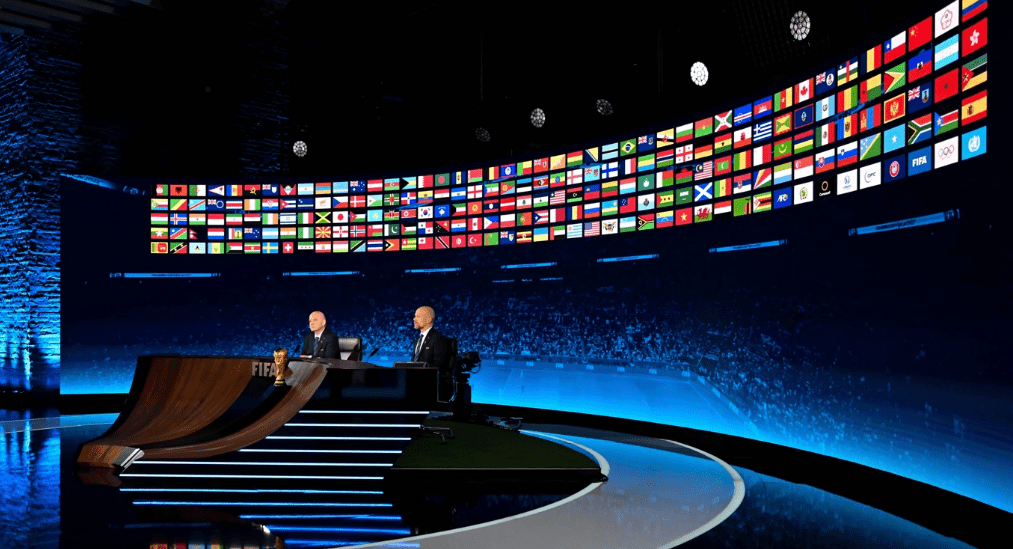By Islam Salah
The 2030 FIFA World Cup will be a landmark event in football history. It will be co-hosted across three continents: Europe, Africa, and South America, for the first time ever!
Morocco, Spain, and Portugal will join forces to deliver a World Cup unlike any before, with Uruguay, Argentina, and Paraguay hosting celebratory matches to honor the centenary of the first-ever World Cup.
The tournament will not only honor the 100-year history of the World Cup but also highlight the global appeal and unity of the sport.
Morocco, Spain, and Portugal Won the Bid
The decision to award the 2030 World Cup to Morocco, Spain, and Portugal marks a new chapter in the tournament’s history. It makes Morocco the second African nation to host the World Cup, after South Africa in 2010.
The tournament is all about celebrating the sport’s growing influence in every corner of the world. Morocco, with its rich footballing heritage and passionate fanbase, has earned its place in the spotlight. This bid brings North Africa to the global stage, cementing the region’s importance in international football.
FIFA President Gianni Infantino couldn’t have said it better when he highlighted the significance of this decision. The 2030 World Cup isn’t just about the competition on the field; it’s about an unforgettable experience that will span three continents, bringing together cultures, countries, and fans like never before.
The 2034 World Cup: Saudi Arabia’s Big Moment
While 2030 will mark a historic first, 2034 promises to bring its own groundbreaking changes to the tournament.
Looking ahead, Saudi Arabia will take center stage as the host of the FIFA World Cup 2034. This makes Saudi Arabia the second Middle Eastern country to host the event, following Qatar’s success in 2022.
The Kingdom’s winning bid for 2034 showcases its rapidly growing influence on the global football stage. Expect massive infrastructure projects, including new state-of-the-art stadiums across five cities: Riyadh, Jeddah, Al Khobar, Abha, and NEOM.
The 2034 World Cup will also be the first edition to feature 48 teams, expanding the competition’s reach and offering more nations the chance to compete on the world’s biggest stage.
What to Expect from the Future of the World Cup
As the 2030 and 2034 World Cups draw nearer, fans can expect an exciting shift in the tournament’s format. The 2030 World Cup will emphasize its historical significance, with matches spread across three continents, while Saudi Arabia is already preparing to take the world by storm with its ambitious plans for 2034.
These upcoming tournaments will showcase the best football talent from around the world and highlight the expanding role of different regions in the sport’s global community.
Whether you’re a fan of football’s rich history or eager to experience the future of the sport, the next few World Cups promise to deliver something truly special.
WE ALSO SAID: Don’t Miss…Stadiums of the Future: Saudi Arabia’s Bold Vision for the 2034 FIFA World Cup



